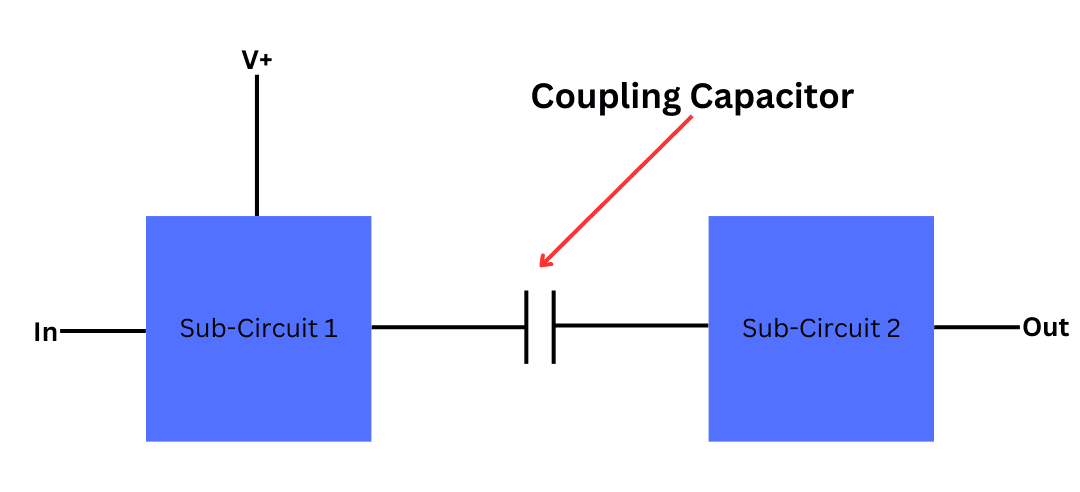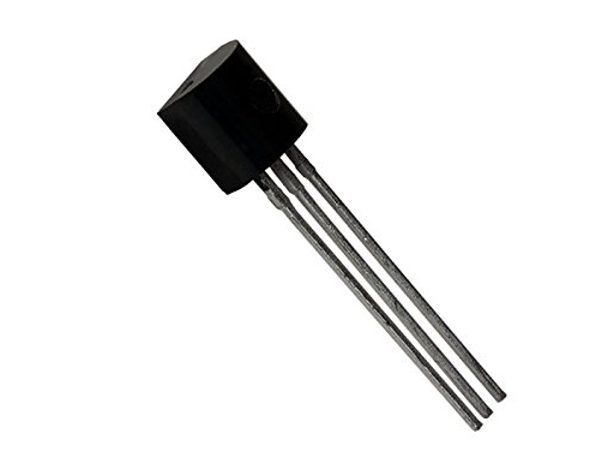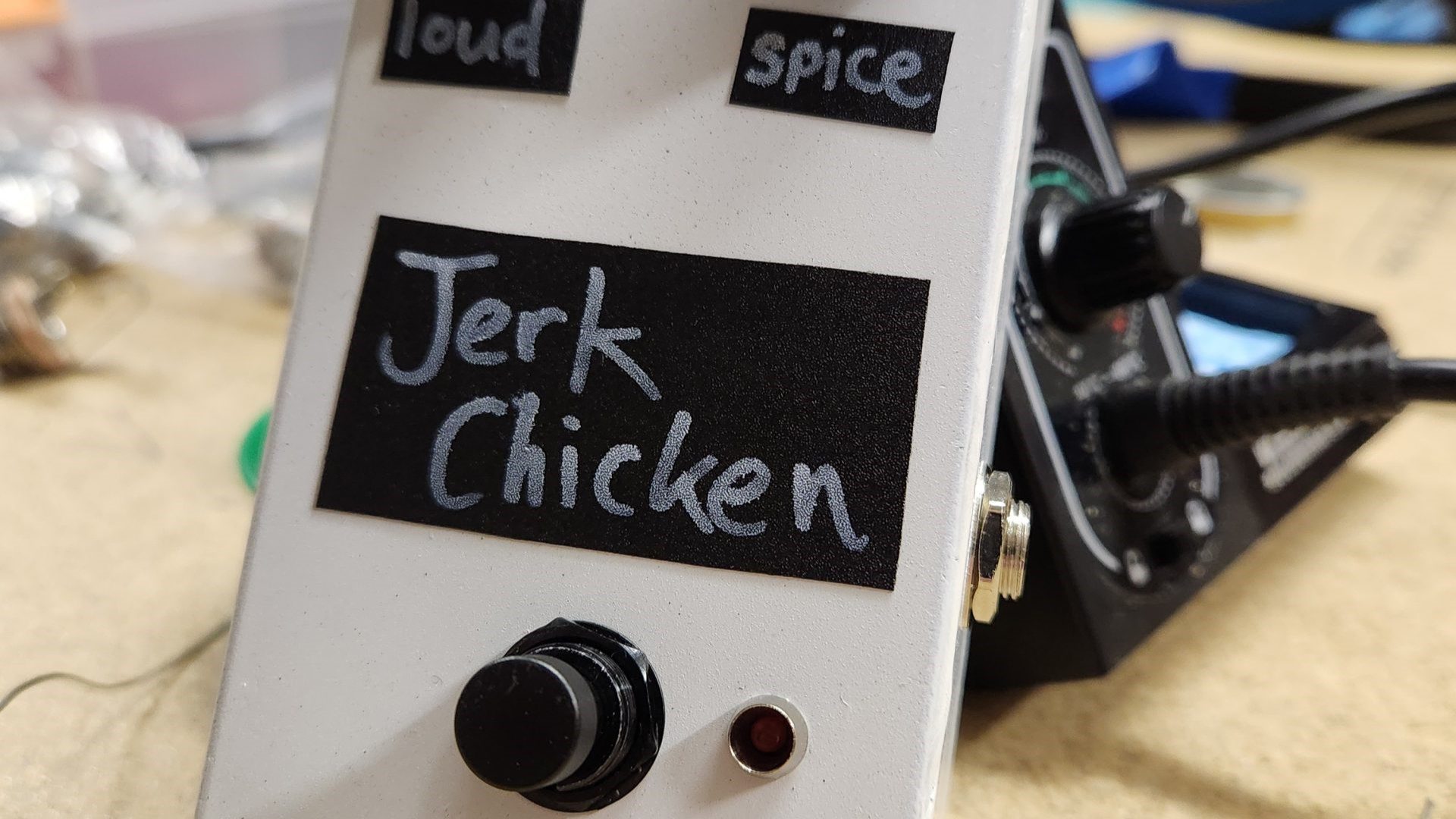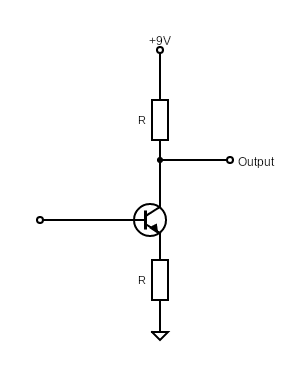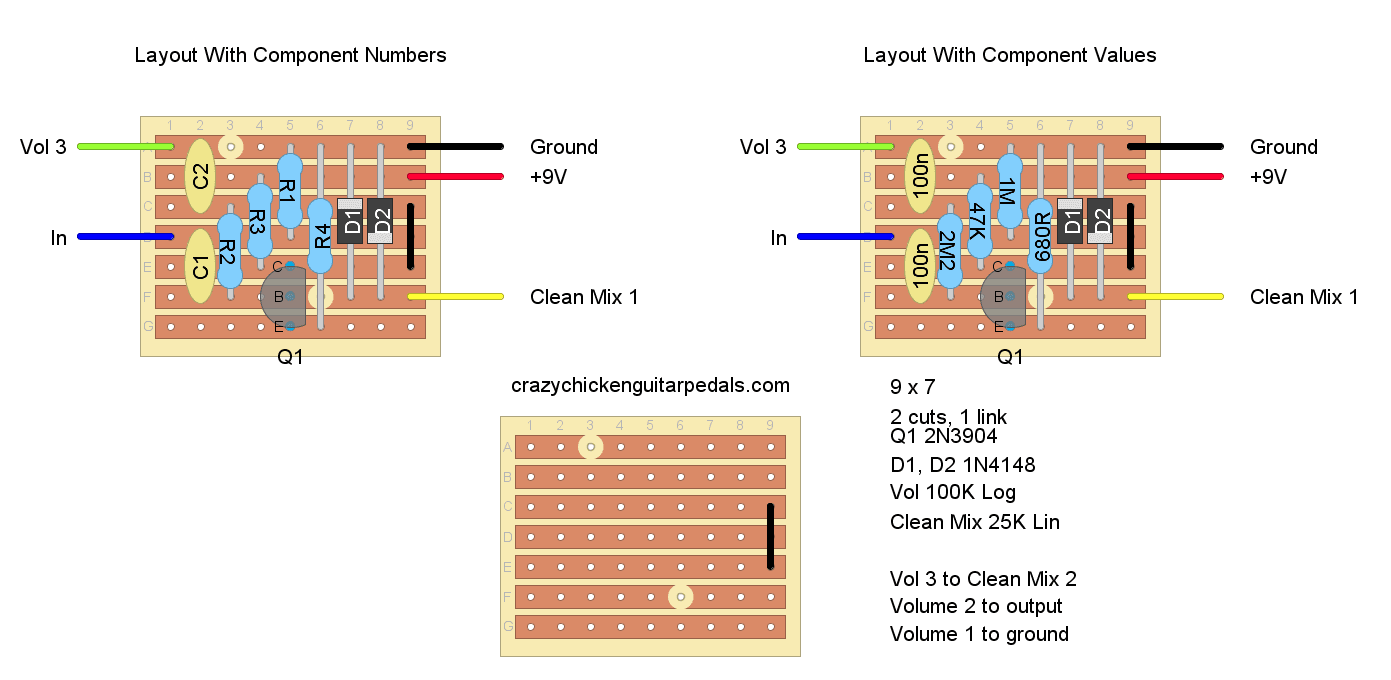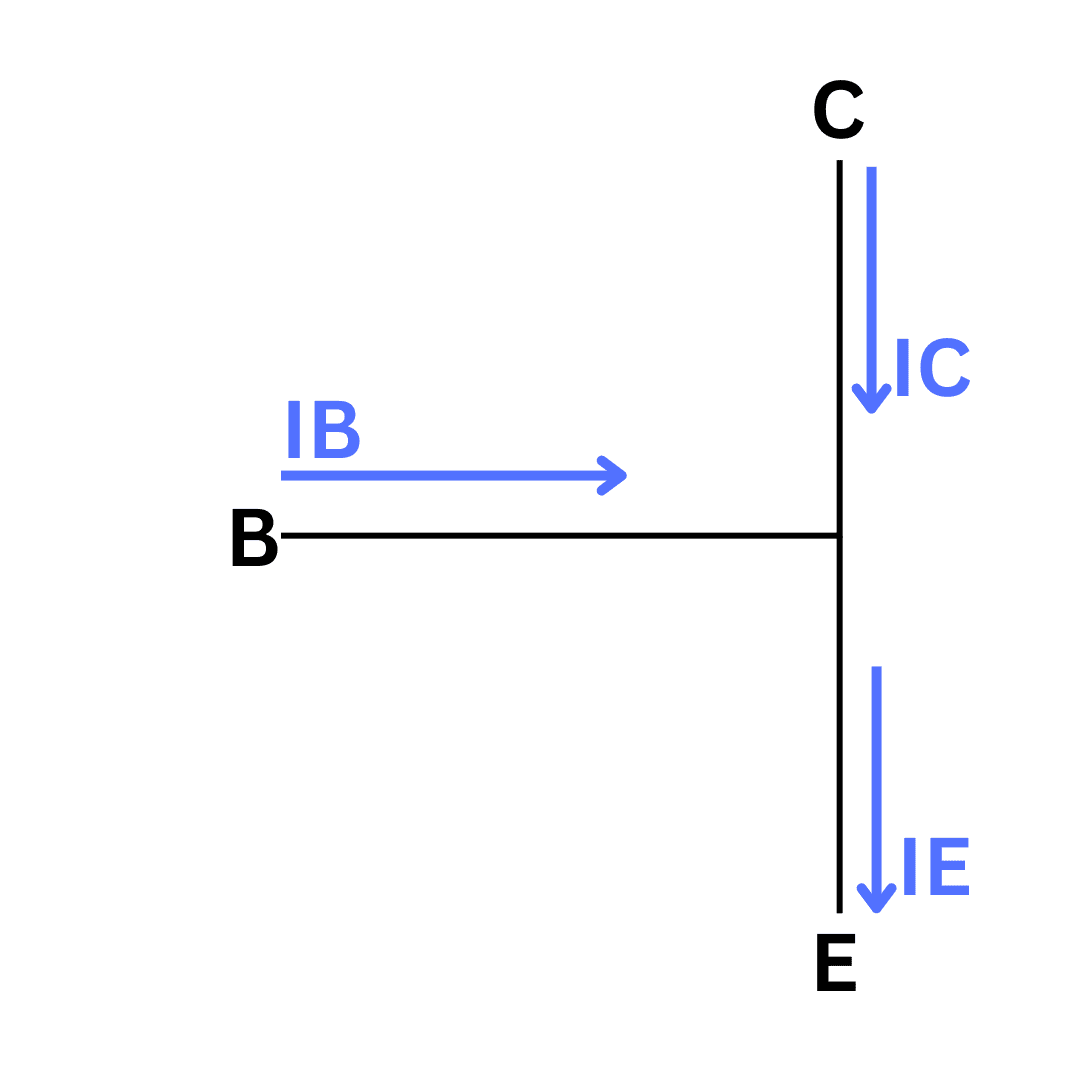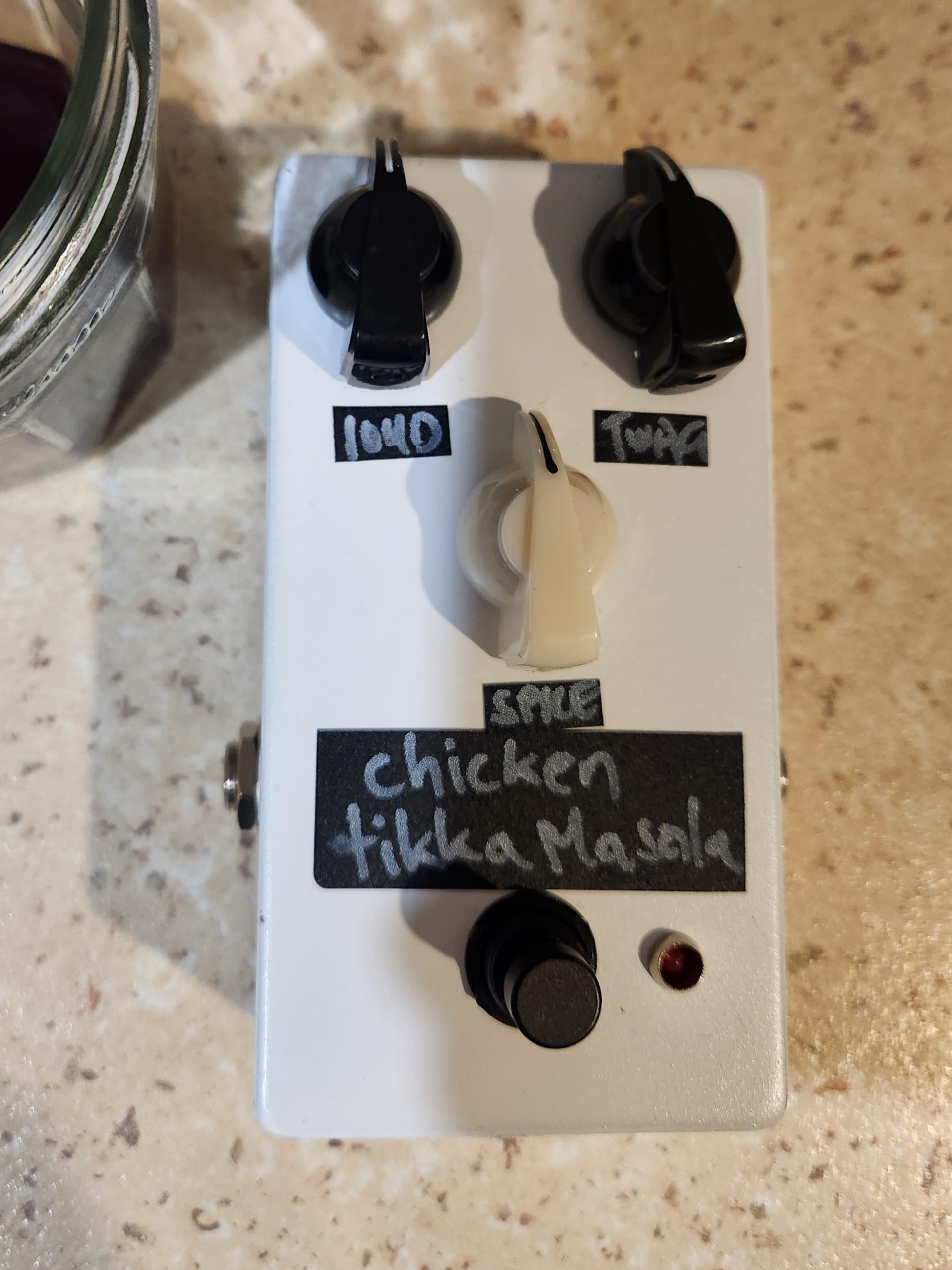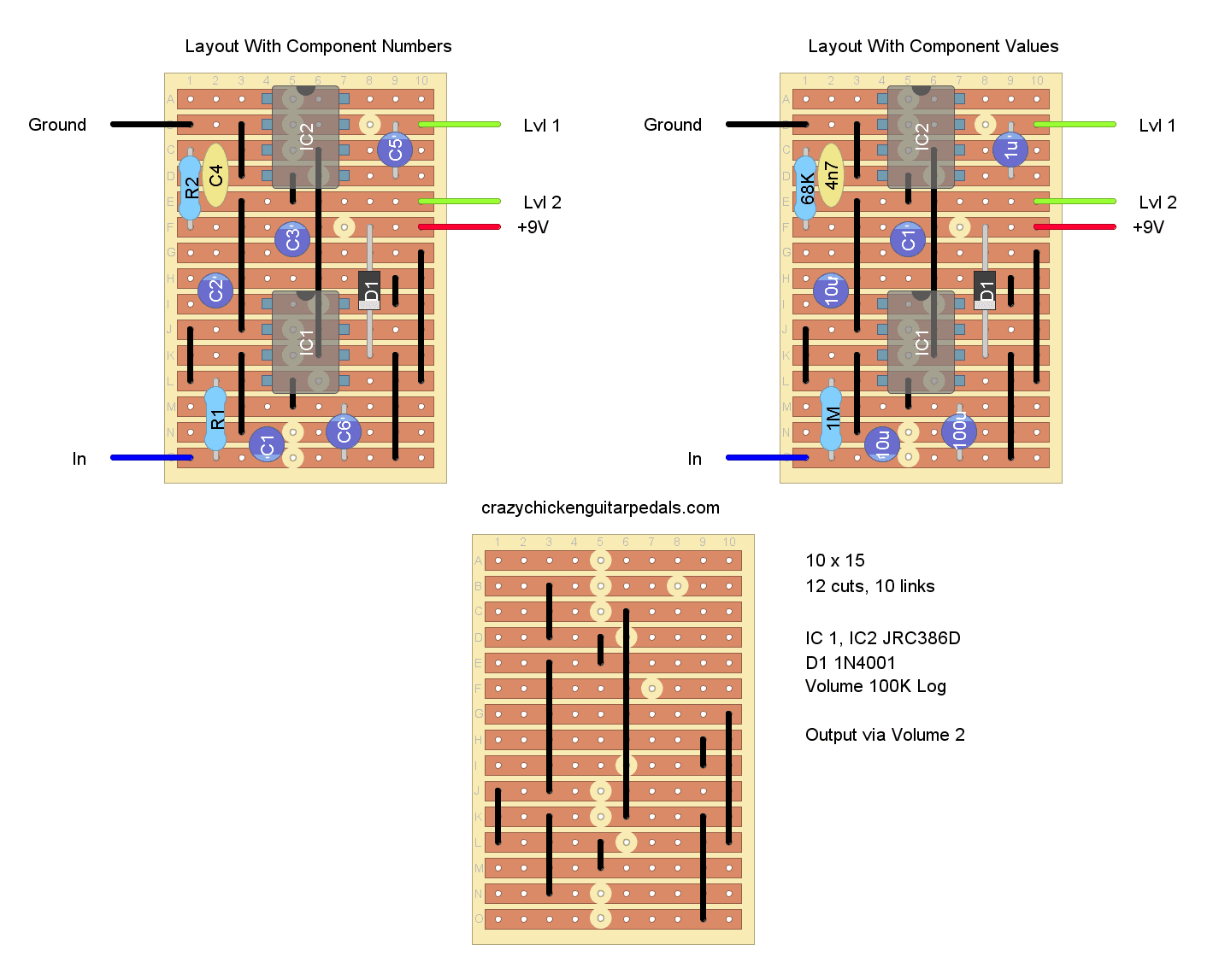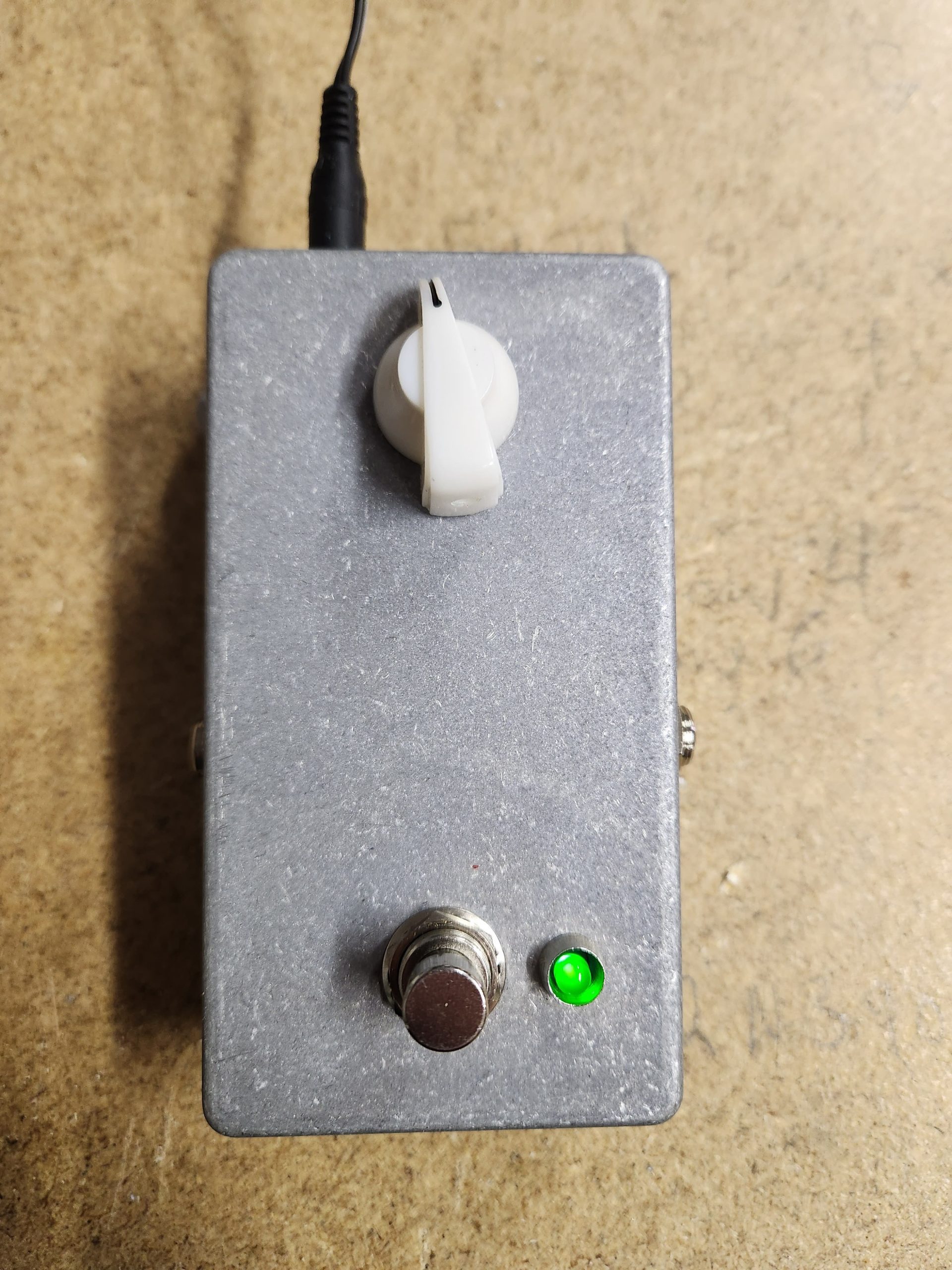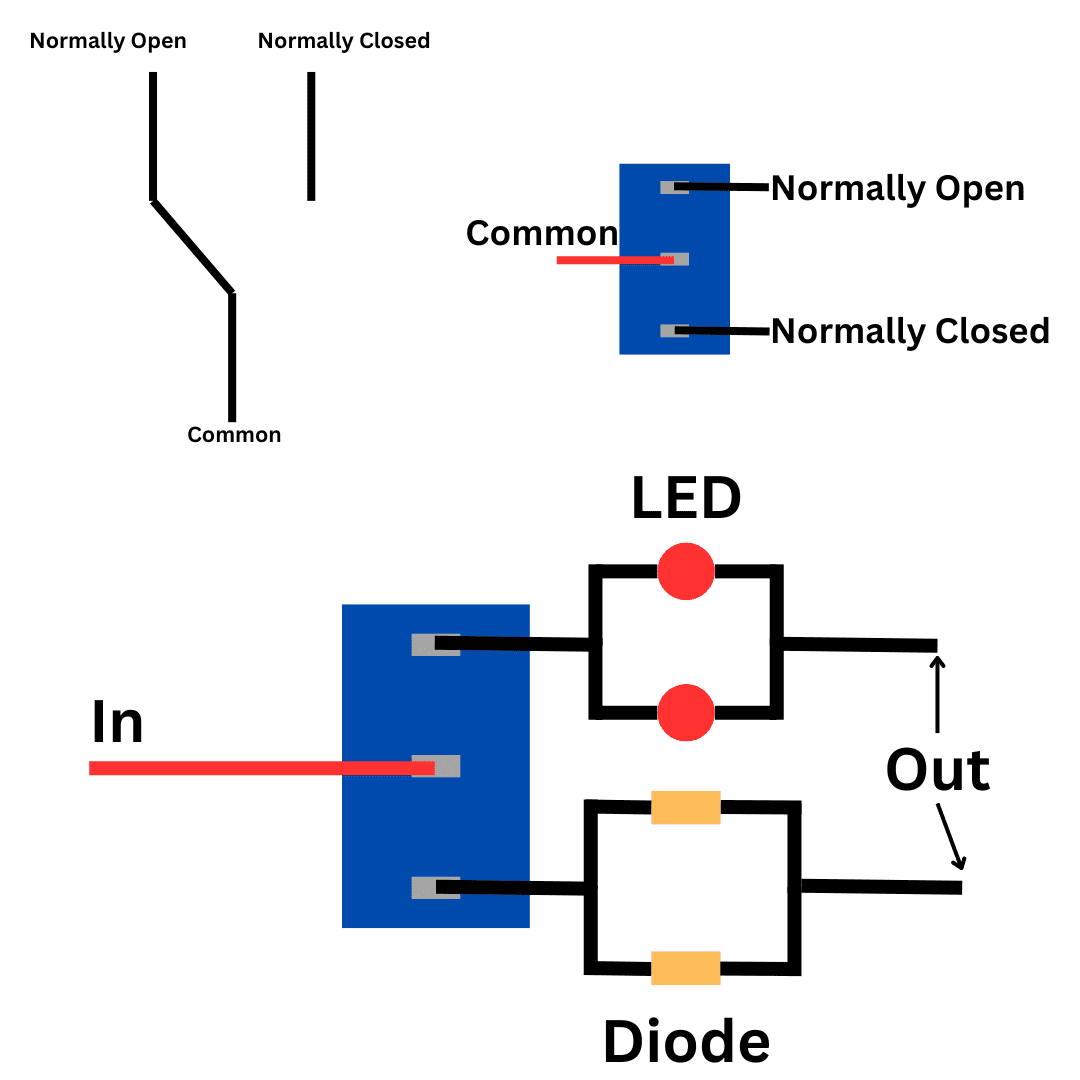What Are Coupling Capacitors?
September 13, 2024In guitar pedals and electronics in general, coupling capacitors are important to keep different parts of a circuit separate and to prevent DC power and other noise from moving from one sub-circuit to another. All in all, it’s quite simple, and that’s really the explanation… but if you want to know more, read on for […]
The Difference Between Silicon And Germanium Transistors
September 11, 2024In the world of guitar pedals (and electronics in general), transistors are made from one of two materials: silicon and germanium. There’s a difference between these two materials and how they affect what a guitar pedal does, and it’s important to use the right kind of transistor in guitar pedal builds if you want to […]
What Do Guitar Pedals Do?
September 10, 2024It didn’t occur to me to write this article, but I noticed that people were coming to this site asking “what do guitar pedals do” and ending up on my how do guitar pedals work article, which doesn’t really answer the question. So I decided to answer the question in order to help! All of […]
What Is Gain (And How It’s Different From Volume)
September 5, 2024This is going to be a fun article to write (not really), because the concept of gain is actually kind of elusive to define if you’re trying to be general. I’ve always understood the concept of gain as it pertains to guitar pedals (and general guitar oriented analogue electronics). However, as I did some research […]
Greer Amps Green Giant On Stripboard
August 28, 2024https://www.youtube.com/watch?v=-muKTaGdx9E Here’s a kind of weird guitar pedal, but a fun build nonetheless and also a pretty simple guitar pedal build too. I had never heard of the Green Giant by Greer Amps before and I kind of just stumbled upon the layout on Tagboard Effects and thought it sounded interesting. Other than what’s on […]
Transistor Saturation, Active, And Cutoff Region
August 23, 2024It’s time to get a little more in depth on transistors. If you haven’t read it yet, check out my guide to transistors for some background on how transistors work in guitar pedals and in general. This article builds on the general guide to explain saturations, active, and cutoff region in transistors. The basics of […]
How Do Guitar Pedal (And Guitar) Volume Knobs Work?
August 21, 2024Hopefully this article is going to be short and sweet, as the concept of volume knobs in guitar pedals (and guitars for that matter) is quite simple. This explanation should hold for volume control on analogue devices, however, I’m not sure if it holds for digital volume control; it probably does in a general sense, […]
EarthQuaker Devices Acapulco Gold On Stripboard
August 18, 2024https://youtu.be/ZgzqZcc0xWg The Acapulco Gold by EarthQuaker Devices is a pretty well know single knob distortion pedal. According to EarthQuaker Devices themselves, they’ve modelled this pedal off of a Sunn Model T amplifier turned up to the max. Similar to the Lovelpedal Champ, the single knob on this pedal means the amount of drive is adjusted […]
A Versus B Potentiometers (And When To Use Them)
August 16, 2024One potentiometer isn’t the same as another, if they were, why would some be marked with an A and others be marked with a B (and why would others have a different letter on them)? Like so many things to do with electronic components, the A and the B is a simple shorthand to say […]
The Difference Between SPDT, DPDT, And 3PDT Switches And How To Use Them
August 13, 2024Let’s talk switches. I was looking through the stats for this website, and one of my most popular articles is on how to wire a 3PDT, so I’ve decided to write more switch related content. My article on the 3PDT/how to wire guitar pedal footswitches talks a little bit about other types of switch, mainly […]

